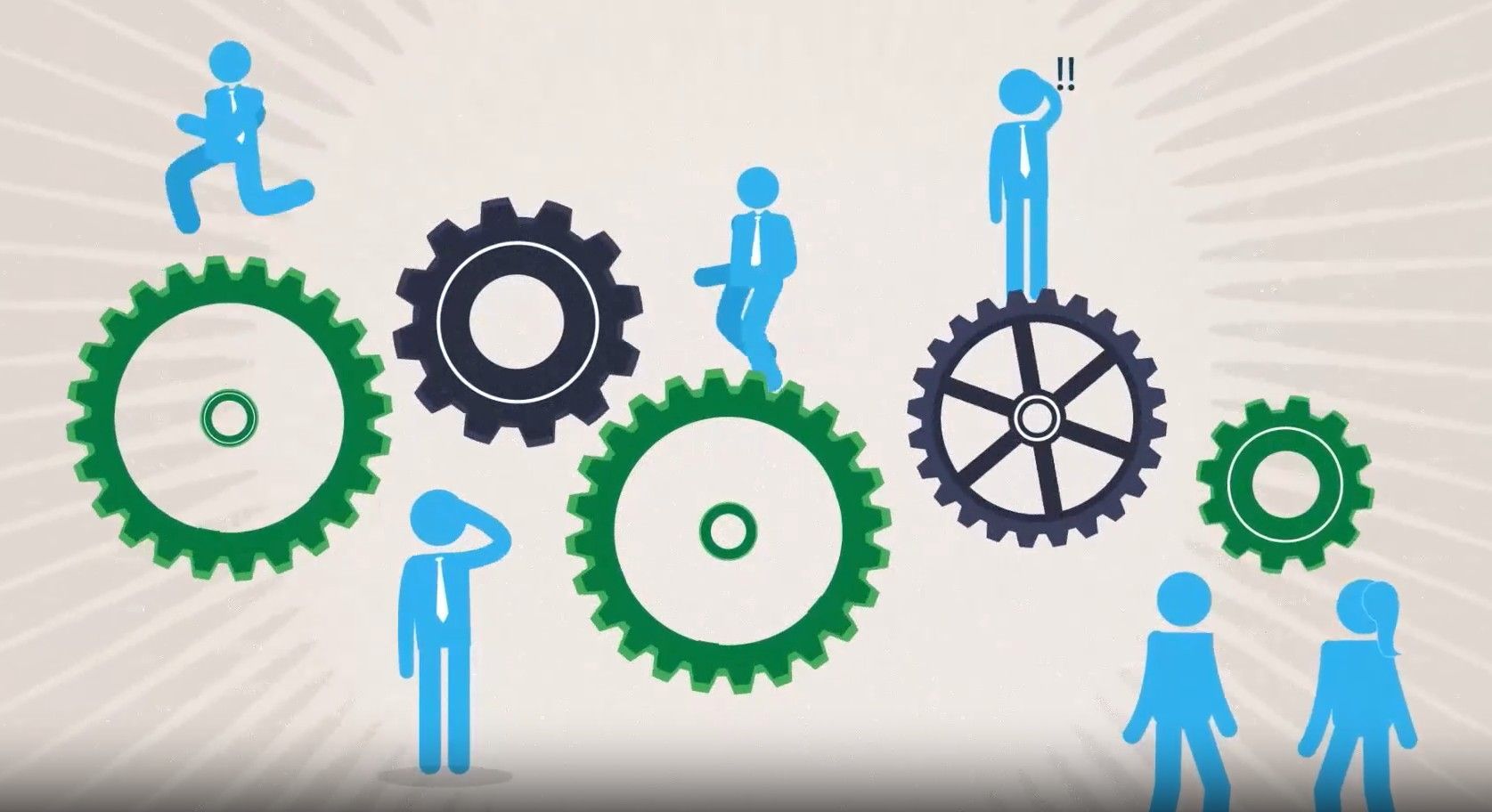Networking’s Dirty Little Secret for Lawyers (and the Rest of Us)
August 14, 2025
Why don’t lawyers network more? Why don’t the rest of us?
Common sense says that more networking means more billable hours means more income and advancement. These days, in fact, more and better networking can mean keeping your job or getting a new, better one.
Personal marketing plans for attorneys set goals for networking activity, if not results. Yet actually getting attorneys “out there” continues to be a major obstacle to law firm revenue growth.
So, why don’t lawyers network more?
We’ve trained hundreds of attorneys in business development and found several reasons behind “failure to network.” The main culprit seems to be that attorneys and other professionals feel “uncomfortable” about networking. Accomplices include:
- Lack of networking skills and not knowing how to build those skills
- Believing there “isn’t enough time”
- Feeling networking is flat out a waste of time
- Seeing billable hours as much more important.
Even more intriguing , however, is that new, quantifiable Harvard Business School research* into why lawyers resist networking helps to explain our own real-world experience. ( Disclaimer: This study examined networking among lawyers; the feelings the study uncovered no doubt apply to many non-lawyers as well.)
Even if only subconsciously, attorneys feel uncomfortable with professional networking to develop their practices in part because “instrumental” networking, as the study calls it, makes them “feel dirty”–immoral, even. And wouldn’t “feeling dirty” and “immoral” make almost anyone feel “uncomfortable?” (Yes, “dirty” and “immoral” are the terms the Harvard academics use.)
The amount of power lawyers have also affects the amount of networking they do. First, as the research demonstrates, senior attorneys feel less dirty about networking. Second, as we’ve seen in our own work, poor networking skills reduce confidence and power because professionals, who like to feel in control, don’t feel in control during the process.
And, as the study documents, less-senior attorneys need more exposure to networking to build their confidence; yet they receive fewer opportunities.
What’s the solution? In our experience, training in consultative selling makes attorneys much more comfortable not only with networking but also with selling–that is, more comfortable with bringing in business for themselves and their firms. In addition, some attorneys have described our process as “ethical selling.”
In fact, attorneys have told us that our approach to consultative selling makes them feel they are truly delivering value to prospects during the sales process–value that prospects benefit from whether they become clients or not. Now, if you know you’re delivering value, wouldn’t it be downright difficult to feel “dirty,” “immoral,” or even just “uncomfortable”? Wouldn’t you feel more confident and in control?
What’s your biggest challenge to networking and bringing in more business? Do you need help to overcome it? Please give us a call. Maybe we can offer a few suggestions to help you clean up your (business development) act.
* Harvard Business School survey of 165 lawyers in a 406-attorney firm from offices in five cities. Working paper “How Networking Can Make Us Feel Dirty.” April 2014.
The post Networking’s Dirty Little Secret for Lawyers (and the Rest of Us) appeared first on Productive Strategies, Inc..










